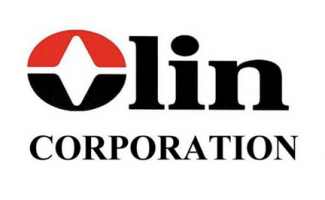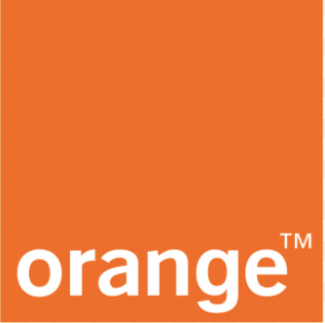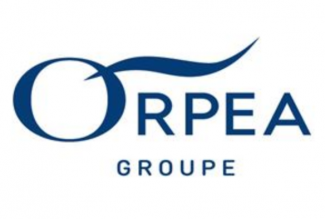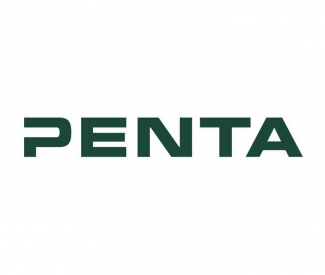Gulliver
Exposing corporate wrongdoing
Type the name of a company in the search box below. To conduct a wider search, please pick from one (or more) of the drop down menus below.
Olin Corporation
Olin makes ammunition and chemicals. Founded in 1892, it is now headquartered in Clayton, Missouri. It is the largest supplier of small caliber ammunition to the U.S. military and one of the world’s largest manufacturers of chlorine, used in disinfection and a key ingredient in plastics like polyvinyl chloride or PVC. Historically chlorine was produced using mercury membrane technology at chlor-alkali plants which resulted in highly toxic mercury waste that manufacturers dumped into local environment. For example, Olin bought the Mathieson Alkali Works, which was responsible for dumping 100 pounds of toxic methylmercury daily into the Holston River in Virginia in the first half of the 20th century. Olin has two major chemical manufacturing facilities in Louisiana’s ‘Cancer Alley’ – a major industrial zone where crude oil is turned into fuel, plastics and other petrochemicals. Olin’s chlor-alkali plant in Plaquemine, Lousiana, has had several major leaks of toxic chlorine notably in 2016 and 2022, which have forced local residents to seek medical assistance. Similar pollution charges have been made against the companies chlor-alkali plants in Alabama and Nevada.
Orange
Orange, formerly known as France Telecom, was a state-owned telecommunications company from its founding in 1889 until it was privatized in 1998. In the decade after privatization, company management embarked on a campaign to reduce labor costs that courts later described as a system of “moral harassment” of staff. Some 22,000 staff quit or were laid off and an estimated 19-60 killed themselves. In 2019, Didier Lombard, the former CEO, was found guilty and sentenced to prison, while the company was ordered to pay €3.5 million to former employees and their families in compensation.
Orpea
Orpea is a major operator of care homes and clinics across Europe. Founded by Dr. Jean-Claude Marian in 1989, it has been criticized for care home residents in France, union repression and embezzlement of public funds. Two years after Orpea bought up a home in Boissise-le-Roi in 2013, 28 families wrote to the Minister of Health to complain that the quality of care provided to residents had deteriorated because the company did not employ enough staff. Similar allegations were brought against Orpea at homes in Le Mans and Schiltigheim in 2016; in Niort and Échillais in 2017; and in Neuilly-sur-Seine in 2018. In Schiltigheim, Orpea was accused of changing the diapers of the elderly just once a day and changing bandages just once a week.
Ørsted
Electric utility Ørsted was originally a state-owned company called Dansk Naturgas A/S that was created by Denmark in 1972 to manage gas and oil resources in the Danish sector of the North Sea. Although it is still majority-owned by the Danish state, almost half of its shares are now held by investors following a contentious privatization process. In recent years, it has attempted to rebrand itself as "green" by selling off the Laggan-Tormore, Ormen Lange, and Syd Arne gas fields to Ineos for US$1.05 billion which continues to operate them.
Today it claims to be the largest offshore wind builder in the world, which it achieved by taking advantage of a system of guaranteed prices created in the 1990s and 2000s across Europe. The Renewable Energy Foundation, an anti-wind farm group, claims that the price guarantees resulted in Hornsey offshore wind array receiving a £479 million subsidy in 2020 alone, while the London Array received a £285 million subsidy. The company's onshore wind turbines have often been opposed by local communities such as in County Donegal, Ireland.
Penta Investments
Penta Investments, a private-equity group in central Europe, invests in banks, frozen foods, health care businesses, real estate and newspapers. Founded in 1994, the fund employed Alojz Lorenc, the last head of the Czechoslovak Secret Police in the Communist era. In December 2020, Jaroslav Haščák, a co-founder of Penta and the second-richest man in Slovakia, was arrested and charged with attempting to illegally obtain a set of classified wire-taps, code-named Gorilla, that were made by the Slovak Intelligence Service (SIS), that allegedly implicated him in a major corruption scandal.




